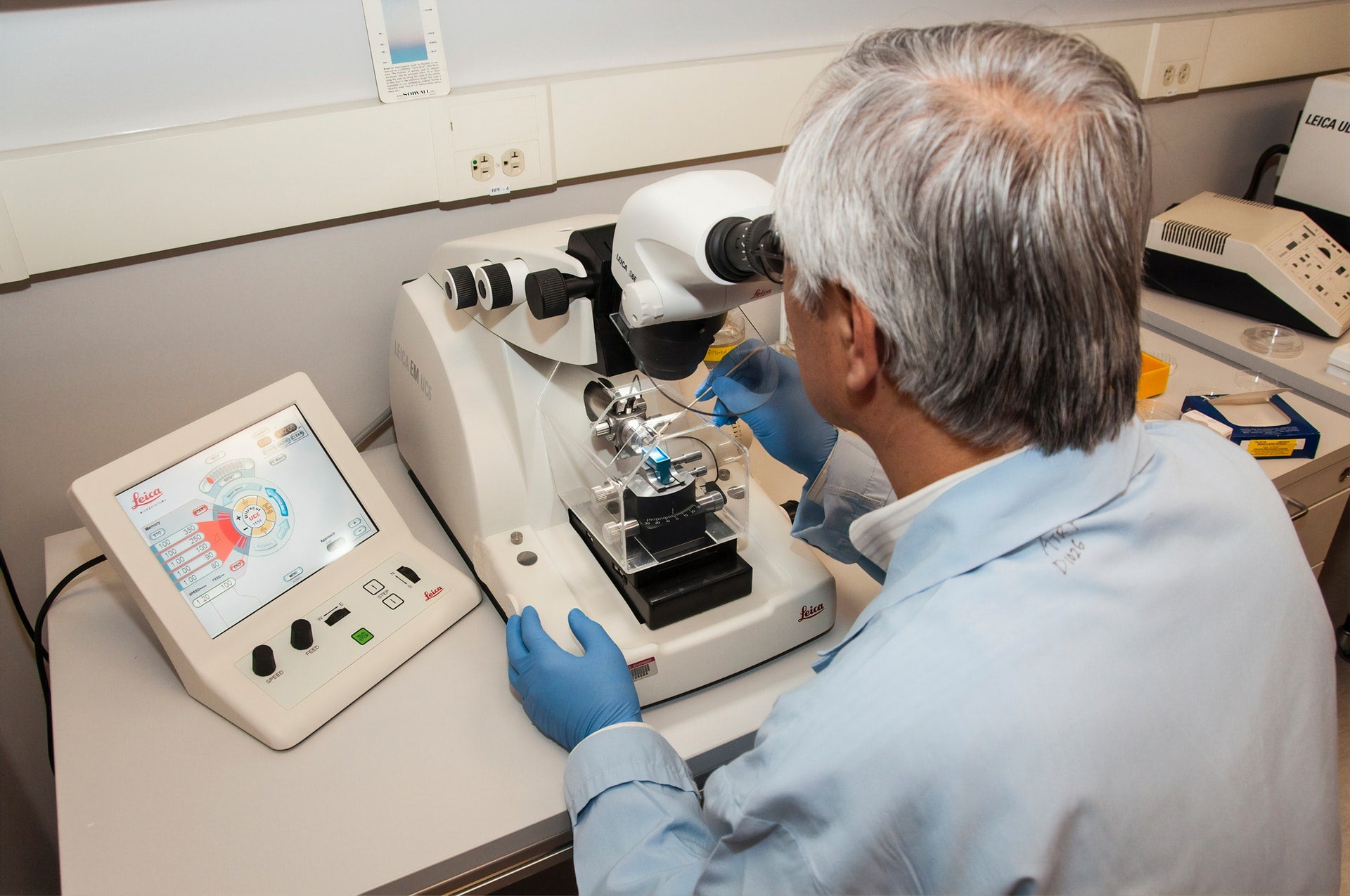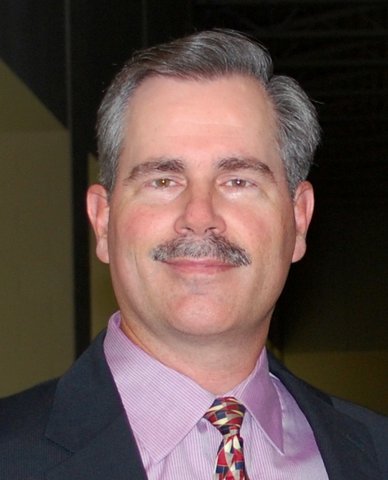
Much like all of the various Covid-19 treatments and vaccine drugs gaining widespread media attention right now, every new medical device must undergo rigorous clinical trials before being deemed safe and effective for patient use — and RTSM has a key role to play in these studies.
RTSM (Randomisation and Trial Supply Management) refers to the collection of tools and technologies used to ensure trials are conducted as accurately, and as efficiently, as possible.
As device trials become increasingly complex, many companies are turning to the latest RTSM solutions in an effort to reduce costs, simplify study management, and maintain up-to-date trial information.
US tech firm Medidata, a Dassault Systèmes company, has developed its own RTSM solution — the “Rave” RTSM — to help medical device companies achieve these goals.
Jamie Bell spoke to Kevin Collier, vice president of product management, RTSM, at Medidata, to discuss these benefits and more.

Q&A on Medidata’s solution for medical device trials
Could you briefly outline what the Rave RTSM solution can do, and how you think it can benefit those looking to conduct medical device trials?
Medidata’s Rave RTSM provides the ability to assign patients to treatments and manage the inventory of investigative products throughout the trial.
For medical device trials, the management of devices, control of inventory and association of devices with patients is a key need.
Historically, much of this has been done manually using spreadsheets and has not been automated.
Medidata’s solution reduces the resource-intensive approach, and it also makes compliance with regulatory requirements more easily achieved.
Are there any features that stand out when it comes to trialling medical devices specifically?
Medidata’s ability to track and associate devices with patients in clinical trials whereby the sites enter or tell us what product item(s) were used is very useful.
Being able to do this within Rave EDC (electronic data capture) enables the sites to stay within a single solution — not a separate set of entries in EDC and RTSM — and enhances their workflow experience.
As the study progresses, the need for and ability to reconcile device usage, which includes the movement of these devices from warehouse to investigator site, is easier and more comprehensive since all of the data is located in a single platform.
This device tracking is required by regulatory authorities.
How do you think it compares to other RTSM solutions and products — does it boast any unique or industry-leading features?
Other solutions either don’t have support for medical device studies or they have created custom solutions.
Other solution providers in the market either don’t have both an EDC and RTSM product or they are separate systems meaning the site has to enter data in multiple places and keep track of yet another login while managing time and effort to reconcile data.
Medidata’s ability to easily establish the visit workflow and to make changes mid-study, if warranted, with no system downtime is unmatched by other solutions.
Medidata’s RTSM solution allows the design of a trial to be edited in ‘real-time’ — how important do you think this is?
Making design changes mid-study is huge for two reasons.
Firstly, we know that nearly every trial has design changes, some planned and some not, and being able to handle these with minimal impact to study progress is a real game-changer.
This reduces costs on a number of different levels by avoiding change order to the tune of $10,000 to $20,000 per change, and by being able to hit overall study timeline objectives, thus avoiding cost overruns.
Secondly, there is a time-savings component, on the order of seven days or more per change, that is equally, if not more, important.
Most trials involve a race to get the program done so that the device or drug can get to market and provide revenue for the sponsoring company, and life improvements for the patient population.
By eliminating or reducing mid-study delays, the overall trial execution timeline is shortened, and this is a win for all parties.
Could you outline how the Rave RTSM solution can create time savings, and why this is beneficial for users?
Sites are already entering data in Medidata’s Rave EDC, so being able to enter the device association in the system they’re currently using instead of a separate system saves time and effort in data entry and reconciliation.
This is critical as time is so precious. Having the assignment, return to sponsor at study completion, and reconciliation of the device tracked in a single system streamlines processes and makes assembly of end of study documentation quicker and more accurate.
In addition, since Medidata’s system is implemented via a configurable design wizard, it is easier and faster to get trials online.
We typically can implement an RTSM system in two-to-four weeks versus an industry average of 10 or more weeks.

Could you outline any particularly noteworthy real-world examples of the Rave RTSM solution being used?
Medidata is seeing success in a number of areas.
We were integral in a recent device protocol managing a certain type of blood test, and provided the ability to randomly assign blood samples to one device or another.
We see a lot of interest from device manufacturers for cardiovascular, orthopaedic, and diagnostic testing – and this later area is likely the most promising for growth and joint development.
More generally, why do you think RTSM solutions for device trials are necessary for companies, and the industry?
The medical device realm needs to continue to become more efficient and automated.
This will free up resources, and investment dollars, to continue to innovate and deliver impactful treatments.
The use of Medidata’s RTSM will enable this automation for both the study teams and for sites.
It will enable more comprehensive data insights, and it will promote easier study closeout and device reconciliation.
Are there any trends or disruptors in the industry that could impact the adoption of solutions like Rave RTSM in the future?
The vast majority of clinical trials, whether drug or device, can benefit from use of features found in Medidata’s RTSM solution.
As the industry continues to evolve digitally, the use of automated, remotely accessible, and comprehensive solutions will become ever more important.
Remote data capture directly from the patient will be a huge focus and device companies will be at the centre of this trend, whether their device is the treatment or is collecting data to assess another treatment.
How has the Covid-19 pandemic changed or impacted this landscape?
The pandemic has been a catalyst to speed up the execution of clinical trials and to enable more remote ways to connect with patients.
So, the improvement in speed and the enhanced data insight provided by a platform approach is going to position companies for greater success in this dynamic world.
Medidata has a number of solutions, such as myMedidata, which are enabling the clinical trial industry to be more responsive and successful in managing crises, and a new world for patient engagement.





